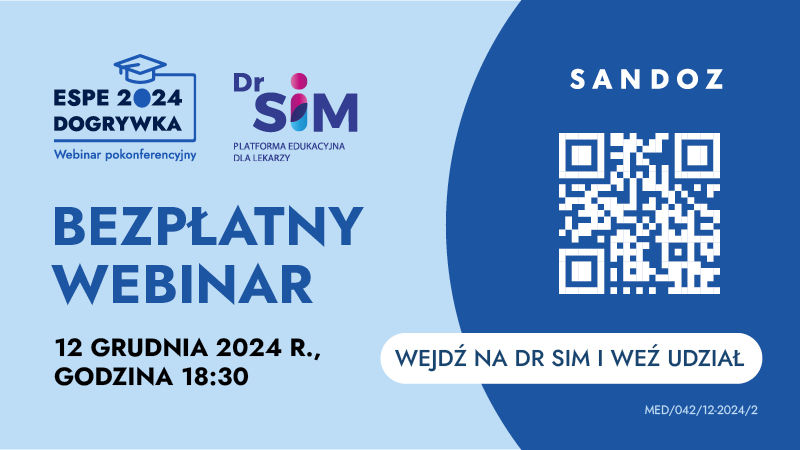Analysis of nutritional status of children aged 10–13 in selected areas of the Silesian Province of Poland and assessment of their parents’ knowledge on child nutrition guidelines
Paweł Jonczyk1, Magdalena Potempa-Jeziorowska1, Elżbieta Świętochowska2, Marek Kucharzewski1
 Affiliation and address for correspondence
Affiliation and address for correspondenceAim of the study: In this study, we analysed the nutritional status of children aged 10–13 years living in selected areas of the Silesian Province of Poland and assessed their parents’ knowledge of dietary guidelines. Materials and methods: The study was conducted in a group of parents of children aged 10–13 years in selected primary schools in the Silesian Province, Poland. Approximately 1,000 paper copies of an originally developed questionnaire were distributed among the respondents. The survey included questions about children’s anthropometric measurements, family structure and parents’ knowledge of guidelines regarding their children’s nutrition and physical activity. Statistical analysis was performed on 589 questionnaires. Results: The problem of obesity was present in 26.35% of children, while 16.44% were found to be overweight. In the study group, 21.84% of children were undernourished. Approximately half of parents know that a balanced child diet should consist of at least five meals a day. Only 7% of parents are aware of the appropriate level of milk and dairy product consumption by children, less than 9% of daily fruit and vegetable consumption and more than 51% of the combined consumption of meat, fish and eggs. On average, one in three parents do not know what the recommended share of the basic nutrients in the daily energy intake of a child is. More than half of the surveyed parents do not know the calorific value of fat, carbohydrates, protein, ethyl alcohol and fibre. Over 43.4% of the respondents know that a child should have 30–60 minutes of moderate physical activity daily. Conclusions: The knowledge of basic guidelines regarding nutrition and physical activity of children aged 10–13 years from selected areas of the Silesian Province among their parents is insufficient. Parents do not have the necessary knowledge regarding the recommended quantity and quality of food eaten by their children. It is necessary to implement educational programmes in primary schools addressed to both pupils and their parents.








